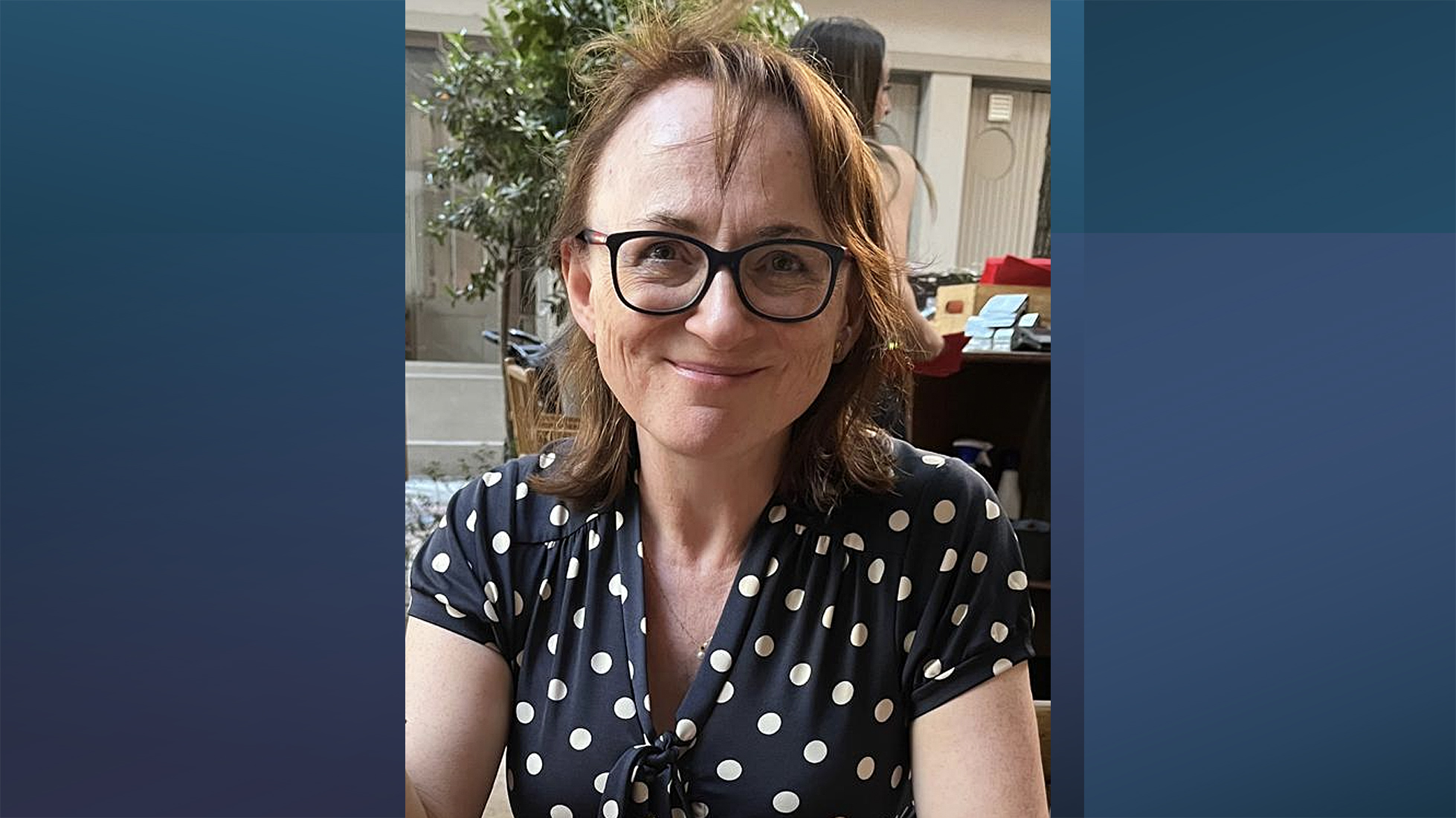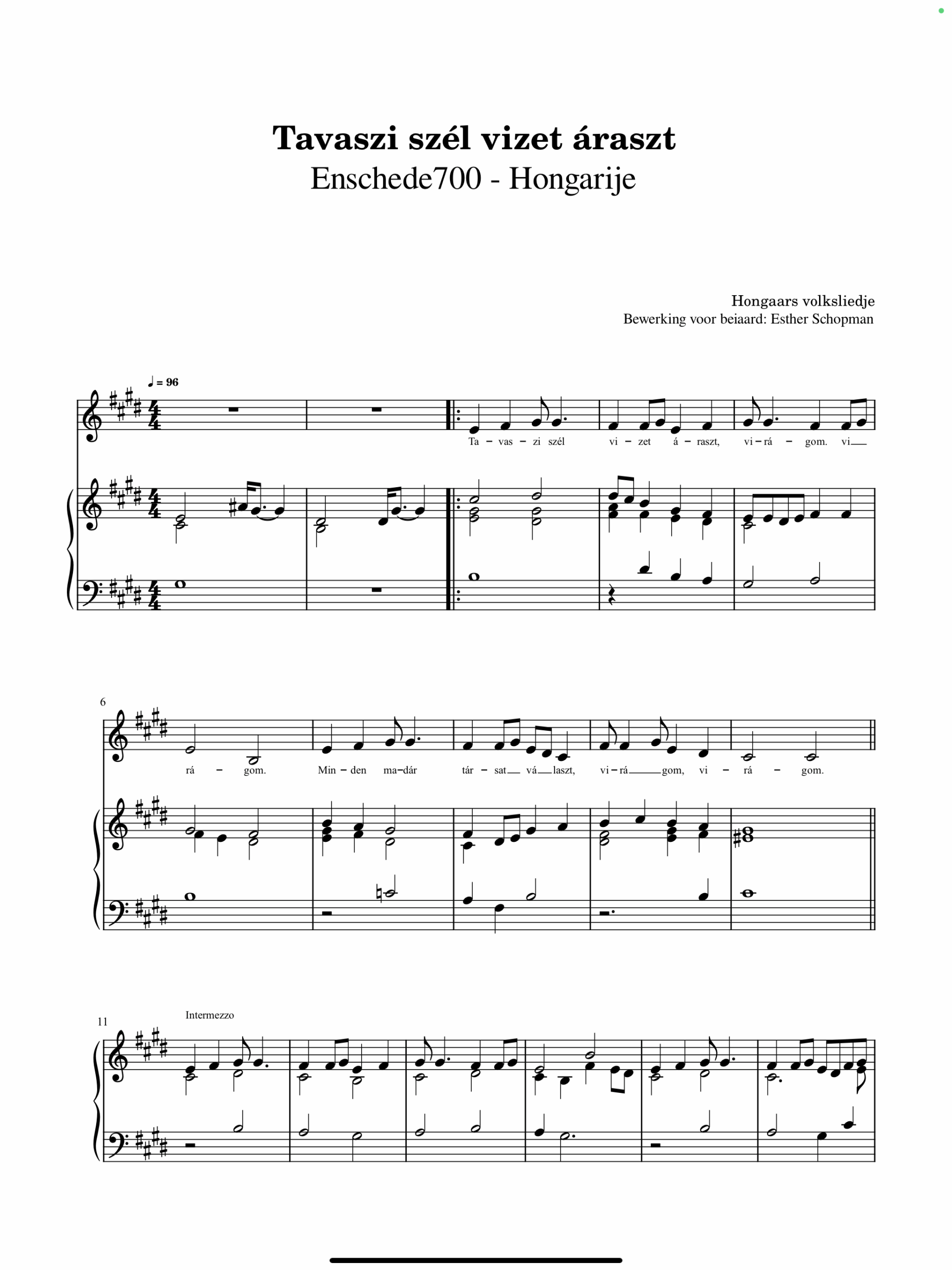Hungary
Tavaszi szél vizet áraszt
Hungary
Tavaszi szél vizet áraszt
Mariann Vincze

The song is simple but full of symbolism - it describes spring as a time of love and connection. The title ‘Spring wind makes the water flow’ could also be interpreted as a new beginning, a new wind in society or politics.
This song is one of the many gems of Hungarian folk music. It was sung for centuries, but it was not written down until the early 19th century. It was understood that the treasure of folk culture, which seemed so obvious, was disappearing and needed to be preserved. A group of dedicated musicologists, including Kodály and Bartók, went into the country with phonographs and collected thousands of folk songs from all regions of the country. Thanks to the Kodály method of music education, generations of Hungarians were introduced to Hungarian folk music.
“Tavaszi szél vizet áraszt” is one of the best-known songs, perhaps because the melody is so simple. Real fame came when Freddie Mercury sang the song at a 1986 Queen concert in Budapest.
The lyrics of this song were on our wedding card, along with "Hebban olla vogala nestas hagunnan hinase hic anda thu, wat unbidan we nu?We chose this text because of the parallel between the Hungarian song and this oldest known Dutch love verse written down around the year 1100. The words meanAll the birds are already nesting, except me and you. What are we waiting for now?”
My name is Mariann Vincze. I am from Hungary and grew up in Kecskemét, the birthplace of Zoltán Kodály. I have sung all my life, and folk music has been brought to me, so to speak, at a very early age. I have lived in the Netherlands since 1999. Since 2022 I have been teaching NT2 (Dutch as a second language) at the University of Twente. In my free time I sing in two choirs.
Mariann herself sings the song at the liberation concert, accompanied by the city carillonist.
